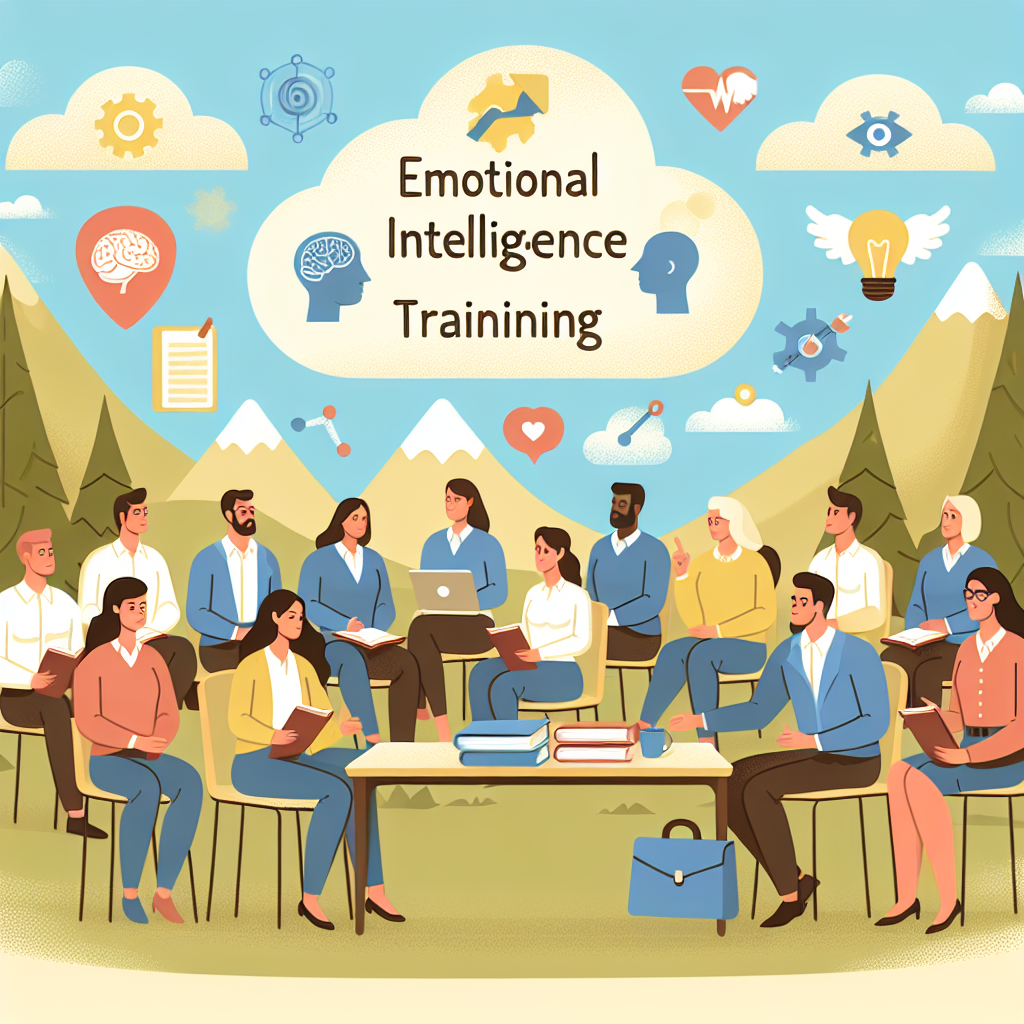Emotional Intelligence Training for Mediators
Maximizing Mediation Success: Mastering Emotional Intelligence
Introduction
Conflict is an inevitable part of human interaction, and as a mediator, it is crucial to have the skills and techniques to effectively resolve conflicts. One key aspect of successful conflict resolution is emotional intelligence, which refers to the ability to recognize, understand, and manage one’s own emotions and the emotions of others in a productive and empathetic manner.
Understanding Conflict Resolution
Conflict resolution is the process of addressing and resolving a dispute or disagreement between two or more parties in a constructive and mutually satisfactory manner. As a mediator, it is important to have a thorough understanding of the various approaches and theories of conflict resolution in order to effectively navigate different situations and dynamics.
The Role of Emotional Intelligence in Conflict Resolution
Emotional intelligence plays a vital role in conflict resolution as it allows for a deeper understanding and management of emotions in a conflict. Mediators with high emotional intelligence are better able to control their own emotions, remain calm and objective, and build rapport with the parties involved. Additionally, they are able to read and interpret the emotions of others, which can aid in finding a resolution that takes into account the needs and concerns of all parties.
Identifying Emotional Triggers in Conflict
In order to effectively manage emotions in a conflict, it is important to first identify the emotional triggers that may be present. This could include past experiences, personal biases, or specific topics that are sensitive for the parties involved. As a mediator, it is important to be aware of these triggers and address them in a sensitive and respectful manner.
Techniques for Managing Emotions in Conflict
There are several techniques that can be used to manage emotions in a conflict. These include deep breathing exercises, taking a break to cool down, and reframing negative thoughts. Additionally, it is important for mediators to model effective emotional management by remaining calm and composed, even in the face of heated emotions from the parties involved.
Active Listening for Effective Resolution
Active listening is a key skill in conflict resolution, as it allows for a deeper understanding of the perspectives and concerns of all parties involved. This involves giving full attention to what is being said, asking clarifying questions, and summarizing to ensure understanding. Active listening also involves nonverbal cues, such as maintaining eye contact and using appropriate body language to convey empathy and openness.
Empathy and Perspective-Taking in Conflict Resolution
Empathy is the ability to understand and share the feelings of another person. It is a crucial aspect of conflict resolution as it allows for a deeper understanding of the emotions and perspectives of all parties involved. As a mediator, it is important to practice empathy and encourage the parties to consider each other’s perspectives, which can help to bridge the gap and find common ground for resolution.
Using Nonviolent Communication in Conflict Resolution
Nonviolent communication is a communication approach that focuses on expressing needs and feelings in a non-threatening and respectful manner. This can be particularly useful in conflict resolution as it encourages open and honest communication without the use of blame or aggression. Mediators can use this approach to facilitate productive discussions and find solutions that meet the needs of all parties involved.
Managing Power Dynamics in Conflict Resolution
In many conflicts, there may be power imbalances between the parties involved. This can make it challenging to reach a resolution that is fair and satisfactory for all. As a mediator, it is important to be aware of these power dynamics and take steps to ensure that all parties feel heard and respected. This could include giving equal speaking time, actively listening to all perspectives, and reframing language that may be perceived as authoritative or dismissive.
Conclusion: Cultivating Emotional Intelligence for Successful Conflict Resolution
In conclusion, emotional intelligence is a crucial skill for mediators to possess in order to effectively manage and resolve conflicts. By understanding and managing emotions, using active listening and empathy, and utilizing nonviolent communication, mediators can facilitate productive and successful conflict resolution. It is an ongoing process of learning and development, and with practice, mediators can cultivate their emotional intelligence and become highly effective conflict resolution professionals.




